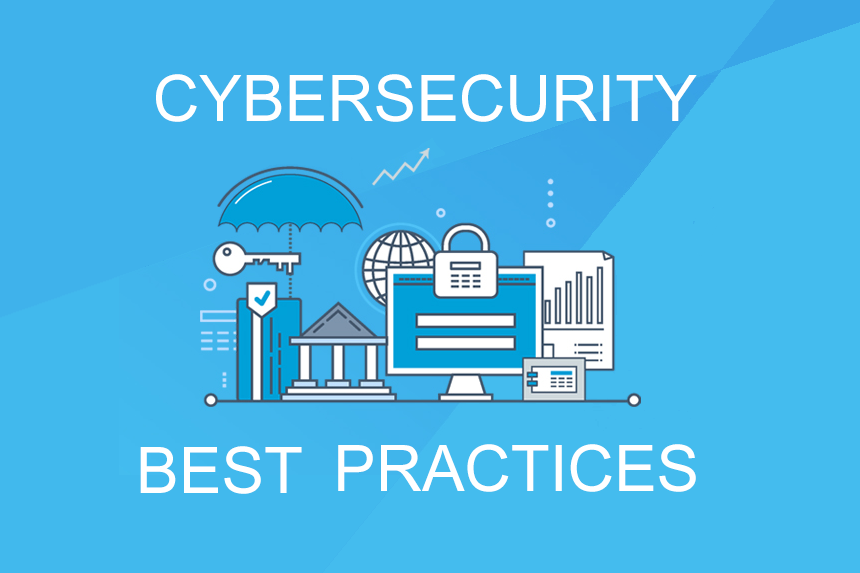Cybersecurity infographic protected
If you want to safeguard your company from the ever-evolving threats of the virtual world, following best cybersecurity practices is an absolute must. Cybersecurity is not something to be taken lightly, especially considering the rising number of cyberattacks targeting businesses of all sizes. So, whether you own a small business or a large enterprise, here are some essential cybersecurity practices you should implement:
Best Cybersecurity Practices For Your Company
Image Source: Drudesk

Keep Software Up to Date
Ensure that all your software, including operating systems and applications, is regularly updated. Software updates often contain critical security patches that address vulnerabilities exploited by hackers. Don't delay these updates, as they play a vital role in keeping your systems secure.
Use Strong & Unique Passwords
Creating strong, unique, and complex passwords is an effective way to strengthen your security. Use a combination of uppercase and lowercase letters, numbers, and special characters. Avoid using predictable passwords like "12345" or "password." Also, enable two-factor authentication wherever possible for an extra layer of protection.
Train Employees on Security Awareness
Your employees play a crucial role in maintaining the security of your company's digital assets. Conduct regular training sessions to educate them about security best practices, such as identifying phishing emails, using secure Wi-Fi networks, and recognizing suspicious online behavior.
Best Cybersecurity Practices For Small Businesses
Image Source: Bizstim

Backup Important Data Regularly
Regularly back up your important data to a secure, offsite location. In case of a cyberattack or data breach, you can restore your data and minimize the impact on your business operations. Consider using a cloud-based backup service for convenience and added security.
Implement Firewall and Antivirus Software
A firewall acts as a barrier between your internal network and the internet, filtering out potential threats. Install a reputable antivirus software to detect and remove malware, spyware, and other malicious programs that can compromise your systems.
Regularly Monitor Network Activity
Monitor your network closely to spot any suspicious or abnormal behavior. Intrusion detection systems and security information and event management (SIEM) tools can help you identify and respond to potential threats in real-time.
By following these best cybersecurity practices, you can significantly reduce the risk of a cyberattack and protect your company's sensitive information. Remember, cybersecurity is an ongoing process, and staying up to date with the latest threats and countermeasures is crucial.
Stay secure, stay vigilant!